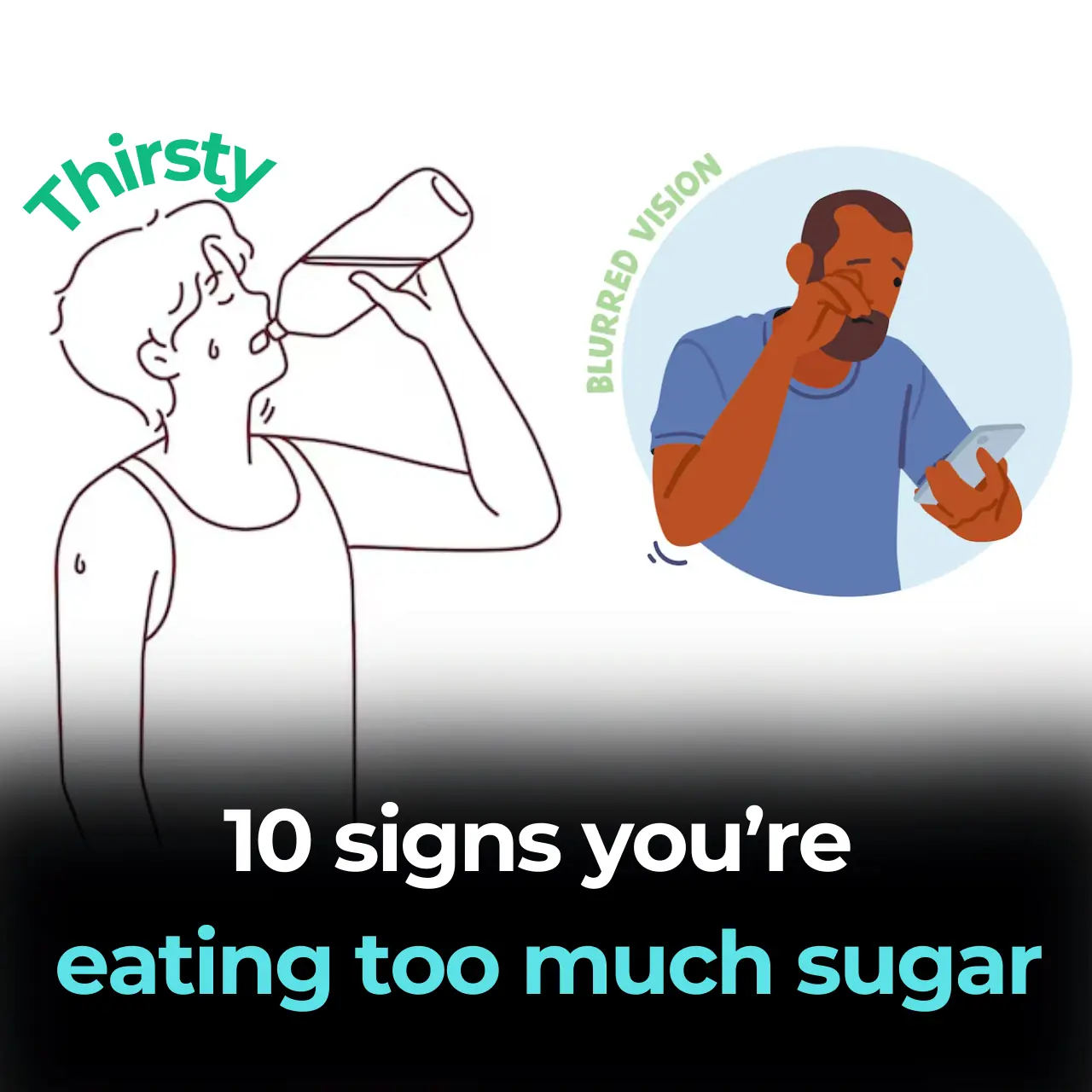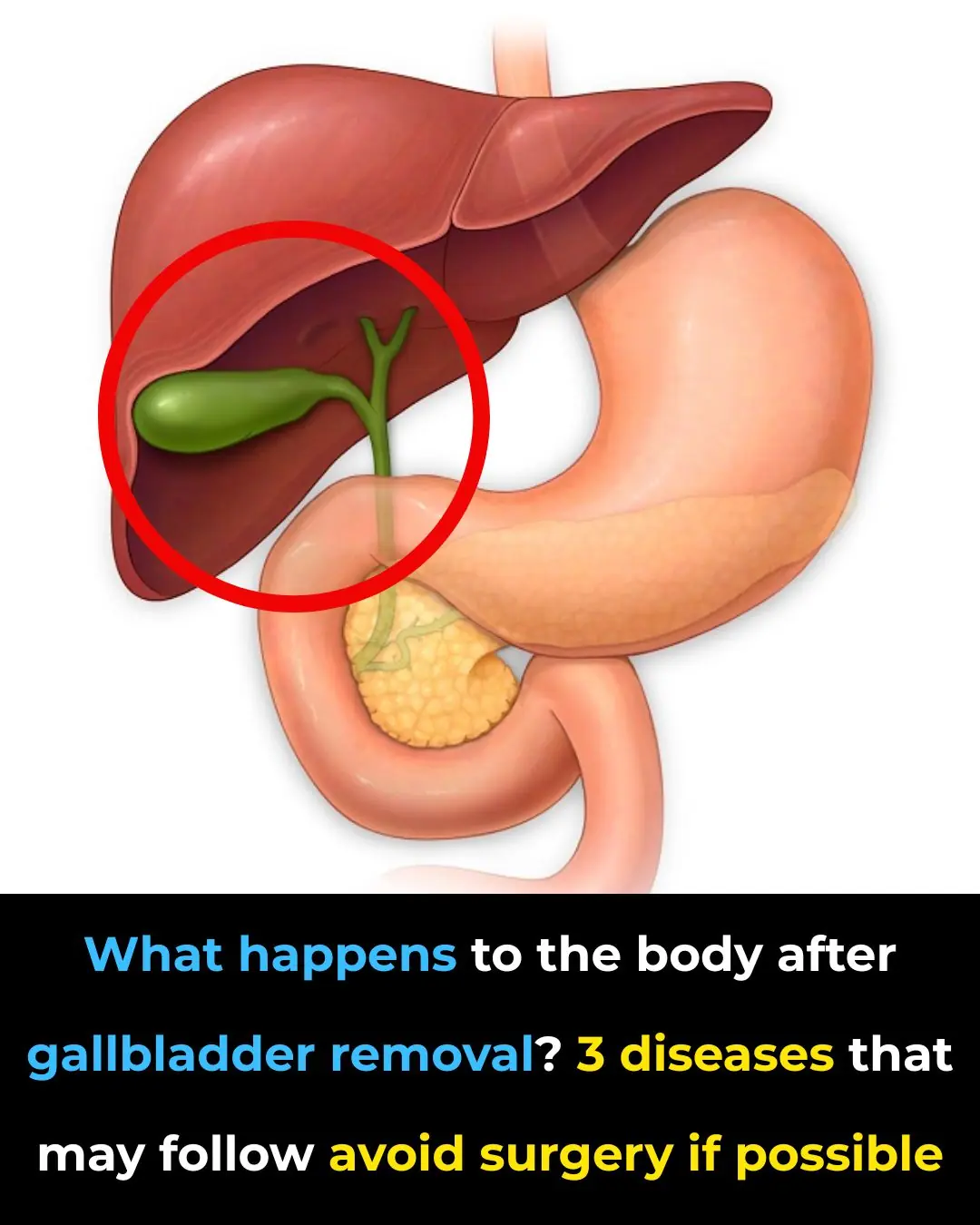
The Surprising Link Between Fruit Consumption and Stronger Lung Health
Eating more fruit may offer meaningful protection for the lungs against the harmful impact of air pollution, according to emerging scientific research. A growing body of evidence suggests that fruits—rich in antioxidants, vitamins, polyphenols, and anti-inflammatory compounds—can help counteract the cellular damage caused by inhaling polluted air, particularly in urban environments with high levels of particulate matter.
Researchers explain that many fruits contain powerful antioxidants such as vitamin C, vitamin E, beta-carotene, and flavonoids. These nutrients help neutralize oxidative stress, a biological process triggered when the lungs are exposed to air pollutants like PM2.5, nitrogen dioxide, and ozone. Oxidative stress is known to contribute to inflammation, reduced lung capacity, and a higher risk of chronic respiratory diseases, including asthma and COPD. By reducing this stress, fruits may help preserve the integrity of lung tissue and support more efficient respiratory function.
The study also revealed that individuals who consume fruit regularly—especially citrus fruits, apples, berries, and grapes—tend to show stronger lung function over time compared to those with low fruit intake. This aligns with previous findings from the European Respiratory Journal, which reported that diets high in fruits and vegetables are associated with slower lung function decline in adults. Similarly, data from the Harvard T.H. Chan School of Public Health shows that flavonoid-rich foods may reduce inflammation and improve respiratory resilience in areas with high pollution.
While fruit consumption cannot eliminate the health risks associated with polluted air, researchers emphasize that it serves as a simple, accessible, and beneficial dietary strategy. For people living in cities with chronic air quality issues, incorporating more fruit into daily meals may offer an additional layer of protection alongside other preventive measures such as wearing masks, using air purifiers, and avoiding outdoor exercise during high-pollution hours.
Overall, the findings underscore the potential of fruit-rich diets to support lung health, reduce inflammation, and mitigate some of the long-term respiratory effects of polluted air—making fruit an easy yet impactful choice for maintaining health in challenging environments.
News in the same category


First Person Cured of Type 1 Diabetes Using Stem Cell Therapy: A Groundbreaking Medical Achievement

Gray Hair: A Natural Defense Against Cancer, New Study Suggests

Young Student's Determination to Support His Education Inspires Viral Act of Kindness

MIT Scientists Develop Injectable Gel to Regenerate Damaged Nerves and Restore Sensation

How Attention Shapes Reality: The Neuroscience Behind Focus and Perception

From Fear to Trust: A Dog's Journey of Healing and Love

Frequent Daytime Naps Linked to Larger Brain Volume and Healthier Aging

Study Reveals: Parents of Sons Experience Sharper Cognitive Aging

The 37-Dimensional Photon: A Breakthrough That May Transform Quantum Computing

New Research Reveals Toxic Exposure May Drive More Dangerous Breast Tumors

Revolutionary FDA-Approved Drops Restore Clear Near Vision Without Glasses

Student forgot he invested $27 in Bitcoin for school project and returned to stunning fortune years later

Teen Inventor Creates Affordable Dialysis Machine, Revolutionizing Global Healthcare

PepsiCo Removes Petroleum-Based Dyes from Doritos, Paving the Way for Healthier Snacking

From Tragedy to Hope: How Compassion Saved a Life in Rural China

Why Tanker Trucks Have a Hanging Chain: Safety Function Explained

Liquid NanoClay: The Norwegian Innovation Turning Deserts Into Fertile Farmland

The Hidden Meaning Behind Tongue Piercings
News Post

First Person Cured of Type 1 Diabetes Using Stem Cell Therapy: A Groundbreaking Medical Achievement

Gray Hair: A Natural Defense Against Cancer, New Study Suggests

The Best Tea to Start Your Morning and After Dinner: A Powerful Blend for Wellness

Why Placing Borax on Wax Paper Under Your Fridge Works: A Full Guide

Young Student's Determination to Support His Education Inspires Viral Act of Kindness

Lavender Oil and Baking Soda: A Natural DIY Air Freshener Backed by Science (Full SEO Article)

MIT Scientists Develop Injectable Gel to Regenerate Damaged Nerves and Restore Sensation

How Attention Shapes Reality: The Neuroscience Behind Focus and Perception

From Fear to Trust: A Dog's Journey of Healing and Love

Cleaning the TV with tissue paper or plain water is a mistake. Use this to clean the dust and not scratch the screen

Bananas can't be eaten in time when bought. Do this so they won't be dark or overripe all week

A Powerful Mixture for Cleansing Your Liver (2 Ingredients)

Studies Link Soda To Depression, Kidney Damage, Heart Attacks And Brain Damage

The Plant That Kills Cancer Cells, Stops Diabetes And Boosts Your Immune System!

Frequent Daytime Naps Linked to Larger Brain Volume and Healthier Aging

7 powerful vitamins you need for strong, healthy legs

Study Reveals: Parents of Sons Experience Sharper Cognitive Aging

10 signs you’re eating too much sugar
